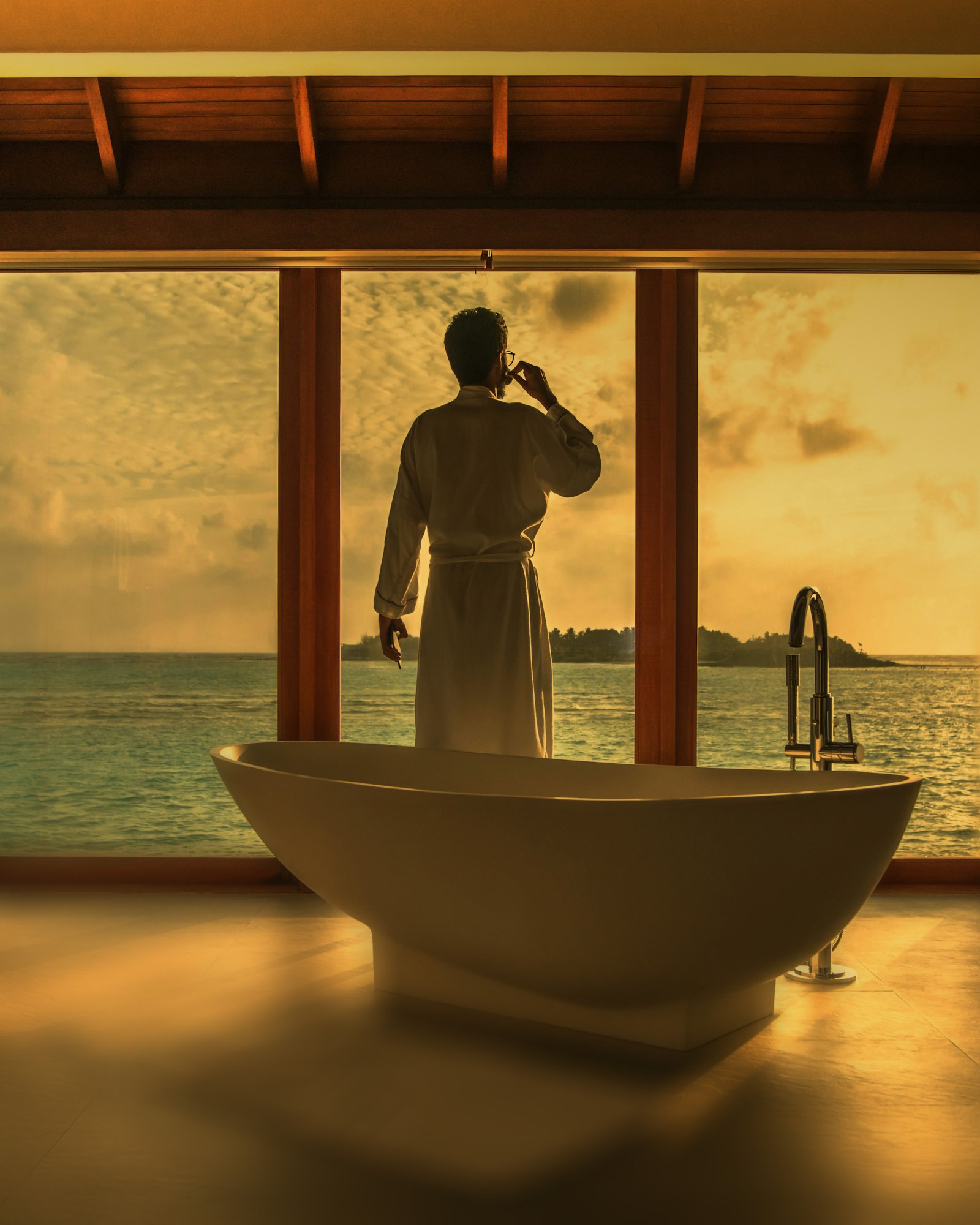Trends — Culture • Lifestyle • Future
Back in 90s, we would never have guessed that life as we knew it would change completely in just a few years. How we gather our information, plan a holiday, or share our opinions, would all drastically transform. Before online reviews, the Internet, smart phones, and social media, planning the perfect holiday meant relying on recommendations from a travel agent or friends.
Credible information was not readily available, but now, in the era of smart technology, we hold immense power in the palm of our hands. And most of us are putting it to good use.
Driven by income growth, the younger generations are fuelling the growth of international luxury travel. Research reveals that there are about 1 billion Asian Millennials today, constituting nearly a quarter of Asia’s total population. Approximately 60% of the world’s Millennials reside in Asia, therefore, it does not come as a surprise that the profile of travellers has changed dramatically in the past 30 years
Affluent travellers now account for a significant chunk of the travel market, especially the luxury segment, which has seen a notable resurgence following the pandemic. And it’s not just a passing trend either: this is a fully-fledged boom that shows no signs of slowing.
Increased affluence
People with financial means have always been drawn to luxury. We have seen a significant increase in higher disposable income and wealth accumulation as the global economy recovers. Many individuals are now willing to invest their discretionary spending on luxurious travel experiences.
Luxury travellers want remarkable experiences, they want personalisation, and they want to discover places before they become overdone and overrun. Whether it’s holidaying on a private island, enjoying exquisite seasonal gourmet meals, or going on curated excursions, there are countless ways to experience luxury while traveling.
The AI in everything
With the rise of maturity in AI, the tourism and hospitality industry can provide speed and convenience to the High-net Worth Individuals because that is what they are seeking when they travel. By analysing vast amounts of data on traveller preferences and behaviours, AI can make personalised recommendations for everything from restaurants and attractions to hotels and transportation.
This allows travellers to plan their trips more efficiently and swiftly, with a level of personalisation that was previously impossible. For travellers who are often short on time and expect the very best, this level of personalisation is essential. By using AI to analyse data on their preferences and behaviours, luxury hospitality providers can create custom itineraries that cater to their every need.

Rise of the next gen traveller
Arising from individuals chasing novelty and expanding their horizons, next-gen travellers are increasingly seeking unforgettable experiences that combine indulgence with enrichment. For them, travel is more than just a leisure activity, it is an opportunity for education and personal growth. Rather than investing in material possessions or conventional services, they prioritise spending on journeys that offer authentic multicultural immersion and exploration as well as unique experiences.
To cater for such demands, luxury travel operators offer crafted experiences that include immersive activities, cultural exchange, indulgence in gourmet cuisine, and more for an authentic travel experience.
Fanning the FOMO Culture
Further fanning the luxury travel fire is social media. Social media now heavily influences the way younger generations research and undertake travels. It also plays an invaluable role in the five-stage customer travel journey (dreaming, planning, booking, experiencing, and sharing).
Millennials’ appetite for travel content is also fuelled by the ‘fear of missing out’ attitude that resonates with the aspirational middle class. Gen Z has found a new guru in the world of travel recommendations – TikTok. With a staggering 410% increase in views on travel content since 2021, the platform has become a hotspot for inspiration and advice.
Forget lengthy articles; Gen Z craves quick, engaging content that not only tells a story but shows it. Stunning landscapes, hidden gems, and travel hacks are all on display in 15-second clips. It's like a travel documentary on fast-forward – it does so in a way that drives FOMO for young consumers. “Come-with-me” style videos make users crave experiences.

Conclusion
The evolution of luxury travel from opulent, exclusive experiences to personalised, culturally immersive, and sustainable journeys reflect broader societal changes and technological advancements. Brands that can adapt to these changing preferences while maintaining superior standards of service will thrive.